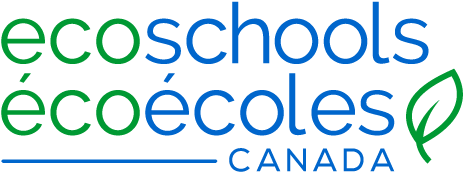You open the lunch box & see: a double-plastic wrapped snack, a disposable container of crackers and cheese, a plastic fork, a drink box. According to the Recycling Council of Ontario the average student’s lunch creates about 30 kilos of waste every year. Now, add in cafeteria waste, classroom materials, water bottles and…you have a whole lot of garbage.
Yes, to landfills. And by Environment Canada’s calculations, landfill sites account for 38% of Canada’s total methane emissions. Which contributes to climate change, air quality issues, and many other environmental concerns.
Luckily, students can take an active stance in minimizing their waste. October is Canada’s official Waste Reduction Week, and last year hundreds of schools took part in reducing their footprint.
Use this week (October 19-25, 2015) as a time to raise whole school awareness. You may want to conduct your first Ontario EcoSchools’ waste audit, or hold a Waste-Free lunch Wednesday. Whatever it takes to incorporate waste minimization into your school culture. If you need some creative inspiration, here’s a video created by an EcoTeam in Kingston about the benefits of healthy, Waste-Free lunches.
How to get involved?
EcoTeams can adapt and share this newsletter story in their school newsletter or on their school website. Or consider sending friendly Waste-Free lunch tips home to parents. (Use GOOS paper to print letters, or send via email to have a 100% eco message).
Teachers can use this newsletter story as part of classroom teaching, or have students do their own research online. Another idea is to teach Life Of a Product lesson during Waste Reduction week. PBS Learning Media has one option for grades 3-4, and Education World has options for grades 4-12.
Other resources:
Waste Reduction Week Canada has a comprehensive school resource kit to help plan your week.
Green Action Centre has a list of possible activities for Waste Reduction Week, for a range of grades.
Recycling Council of Ontario provides links & resources for educators, including a Garbage and Recycling Toolkit.

Recent Comments